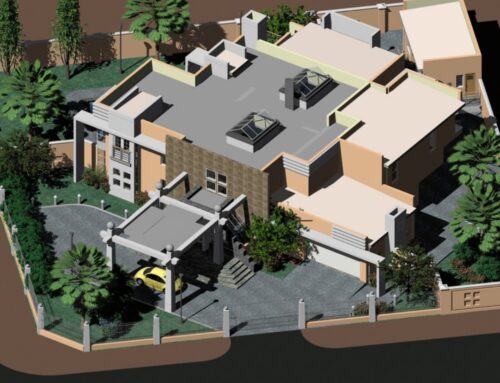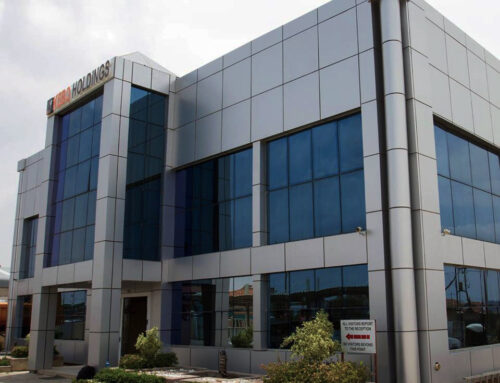
Honorable Nonofo E. Molefhi, Botswana’s Minister of Transport and Communication, discusses recent developments concerning Botswana’s infrastructure development. He also outlines challenges the country faces and cites new opportunities for investors.
European Times: What are your goals for Botswana’s transport and communications infrastructure?
Honorable Nonofo E. Molefhi: We have specific goals for each category of service and associated infrastructure. We would like to increase traffic into Gaborone, which is being developed as a global diamond hub due to the relocation of the Diamond Trading Centre from London, England, to Gaborone, Botswana. Our airport (SSKIA- Gaborone) is strategically located to serve as an alternative to OR Tambo airport in Johannesburg, South Africa, and as such should be refurbished to offer service befitting a world-class diamond city.
We have upgraded our other airports. Maun Airport’s runway has been extended in length to cater to wide-bodied aircraft, and the design for the airport’s terminal building and air-traffic-control tower is almost complete.
Our upgrade of Kasane International Airport is on-going. We have completed the runway extensions and now the airport can handle all types of aircraft. We have also awarded a tender for the construction of a new terminal building. With the completion of this project, Kasane International will give Livingstone and Victoria Falls airports a run for their money. We have also upgraded Francistown Airport with an extended new runway and a new terminal building.
National carrier Air Botswana has an aging fleet and we are upgrading it to meet the growing expectations of our passengers. We will improve efficiency on the Gaborone-Johannesburg route and other domestic routes which show profitability, while further route development will be considered as new opportunities present themselves. These could include connections to new regional destinations and long-haul carriers beginning to fly to and from Gaborone. We have just concluded a short-term consultancy project which audited Air Botswana’s operations and assessed the airline’s strategy with a view to transforming the national carrier into a more viable entity.
European Times: What about rail transport?
Honourable Nonofo E. Molefhi: We are seeing growth in rail transport in Botswana. The opening of new mines presents new opportunities which could increase the rail operator’s bottom line. We have to broaden our customer-service base through tailor-made services. We are also planning to reintroduce passenger service to meet growing demand. We have developed a dry port in Walvis Bay, Namibia, to create an alternative route for our exports and imports.
European Times: What challenges are you facing concerning road infrastructure?
Honourable Nonofo E. Molefhi: Botswana contains two active regional road-transport corridors, the Trans-Khalahari, which connects Mozambique to South Africa via Botswana; and the North-South corridor joining South Africa, Zimbabwe and Zambia via Botswana. Due to the high volume of transit traffic, wear and tear on these roads is extensive. In fact, the main challenge we face concerning road infrastructure is maintenance, which is made more difficult because of a lack of sufficient funding. We are awarding tenders for road projects and these are open to both international and local enterprises, depending on the projects’ values. We have been disappointed by both local and international contractors on road projects. We have to be more stringent in our supervision to ensure adherence to our standards and we need to impose stiff penalties on defaulters, whether they are supervising consultants or contractors.
European Times: What are some recent developments in Botswana’s telecommunications sector?
Honorable Nonofo E. Molefhi: We have exceeded expectations regarding the development of mobile services and most of the country now has access to the grid thanks to our investments in rural connectivity. Internet access remains a challenge, and connection and utility costs are high. We welcome investors in the development of data centres, an area where we believe Botswana has a competitive advantage. Prospective international telecom-services providers should contact the Botswana telecom regulator to find out more about opportunities here.
European Times: What is your personal message to potential investors in Botswana?
Honorable Nonofo E. Molefhi: Botswana’s regulatory environment will protect your investment. Botswana is a secure and predictable investment destination, and opportunities abound for investment in ICT and transport.





